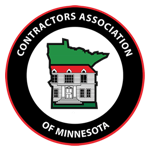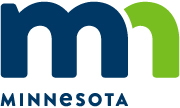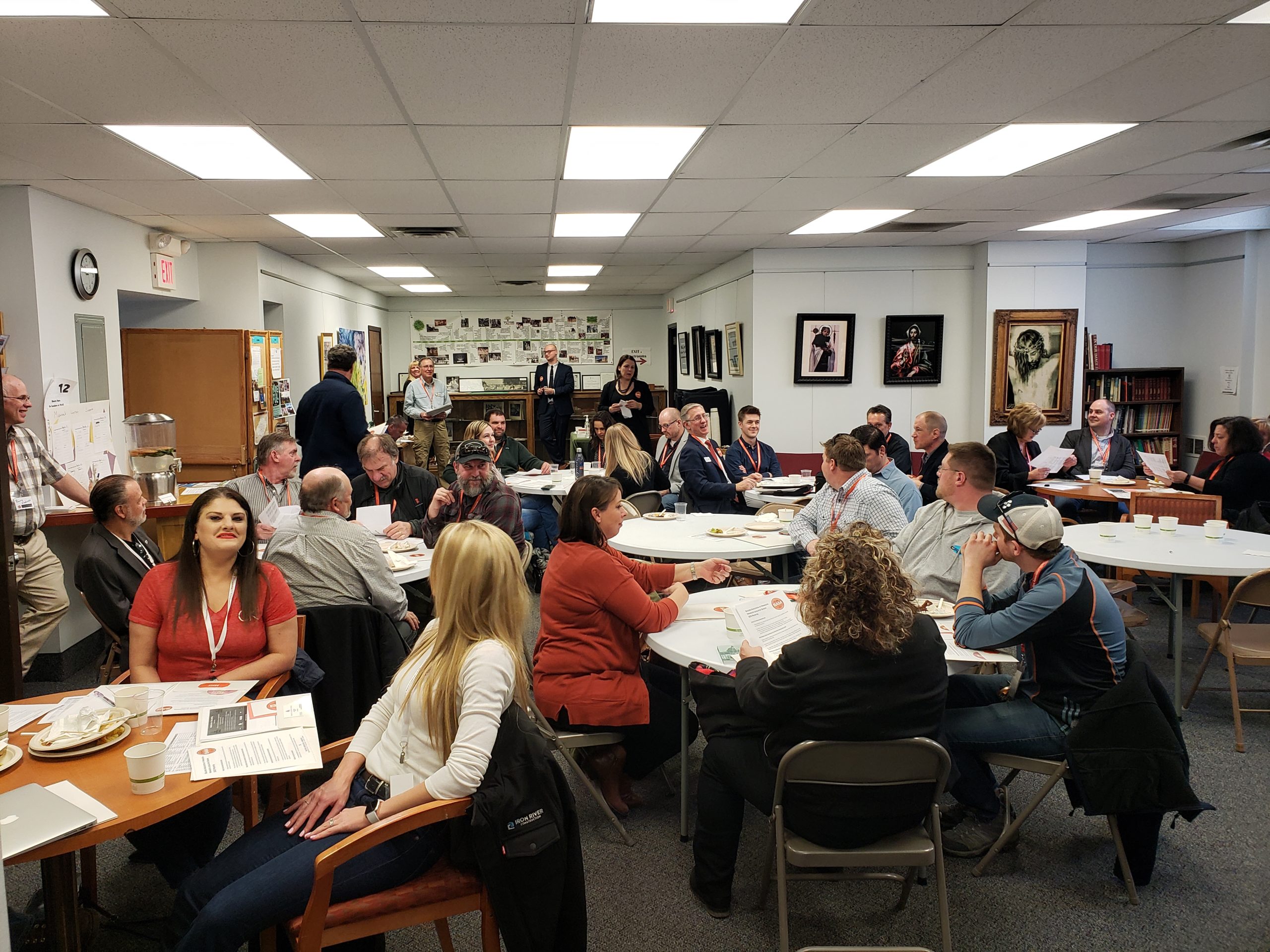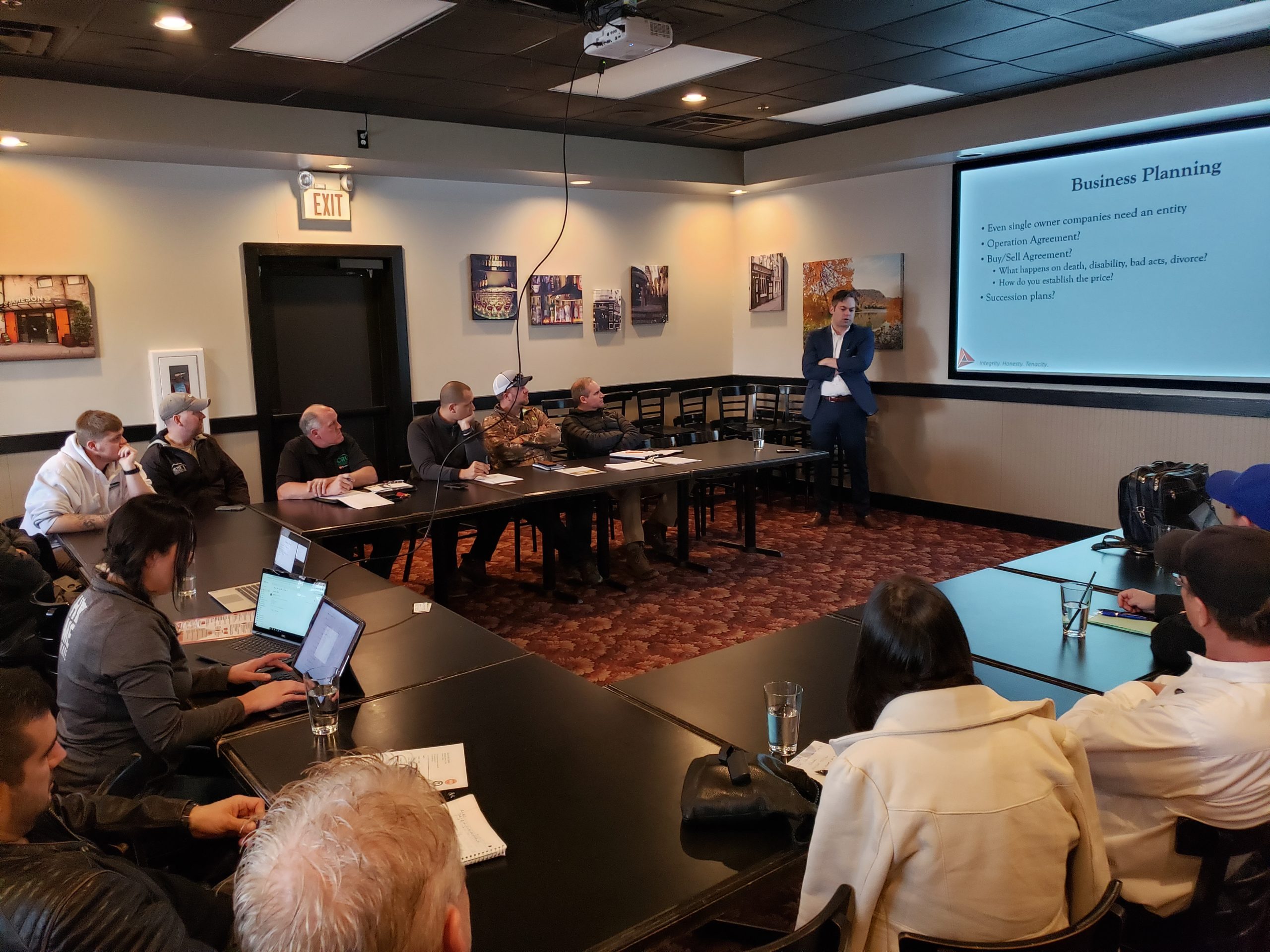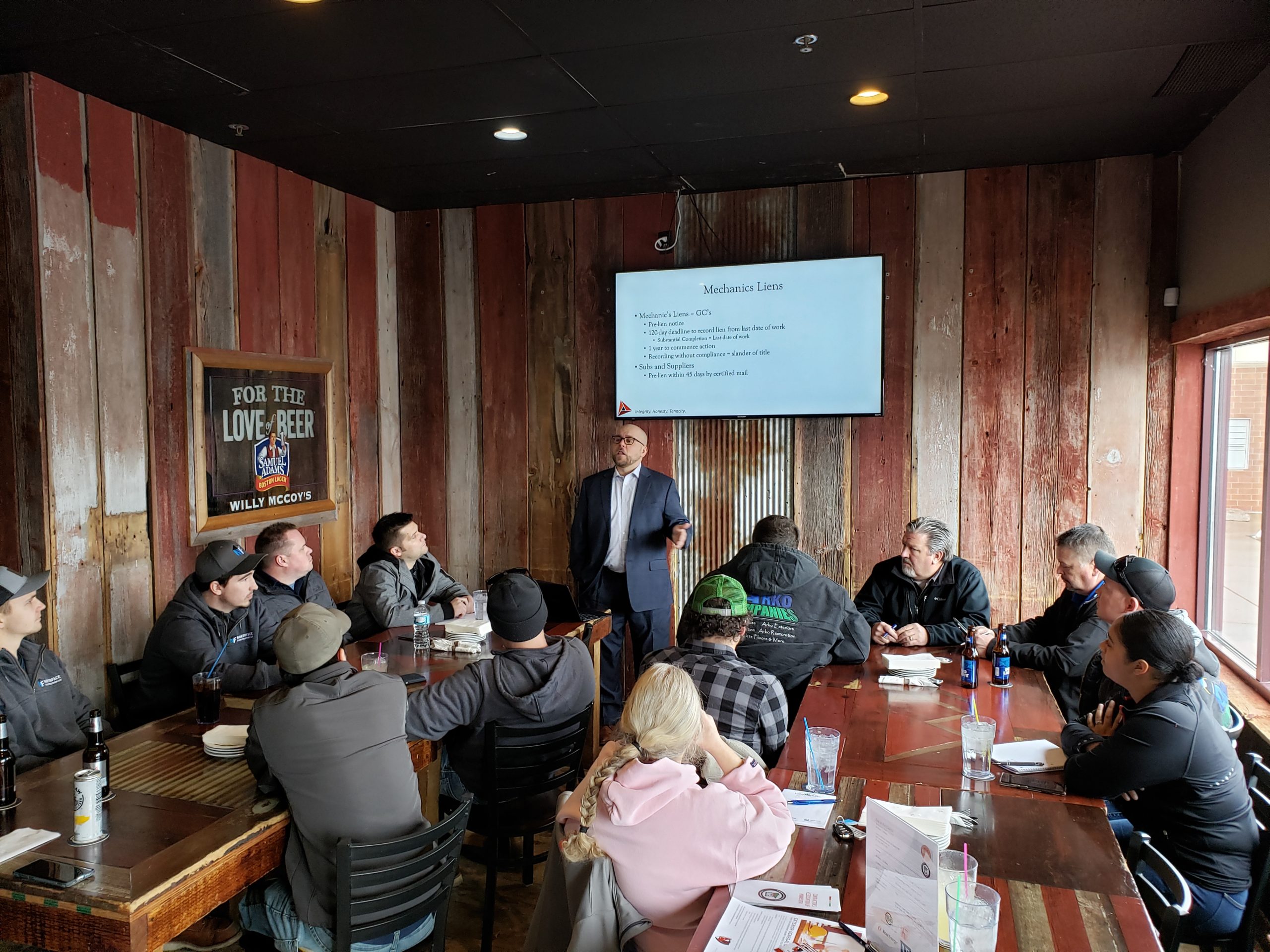Executive Order For Non-Hospital Entities
Governor Walz has issued an Executive Order requiring all non-hospital entities to conduct an inventory on any and all Personal Protective Equipment (PPE) including but not limited to masks, ventilators, and respirators that will be needed to help hospitals during the COVID-19 crisis. This inventory must be donated or kept in reserve at your place of business if you are in possession of the equipment. Please refer to the attached Executive Order for more information. If you have any of these supplies, you MUST submit your inventory by following the attached link https://mn.gov/ppe.
